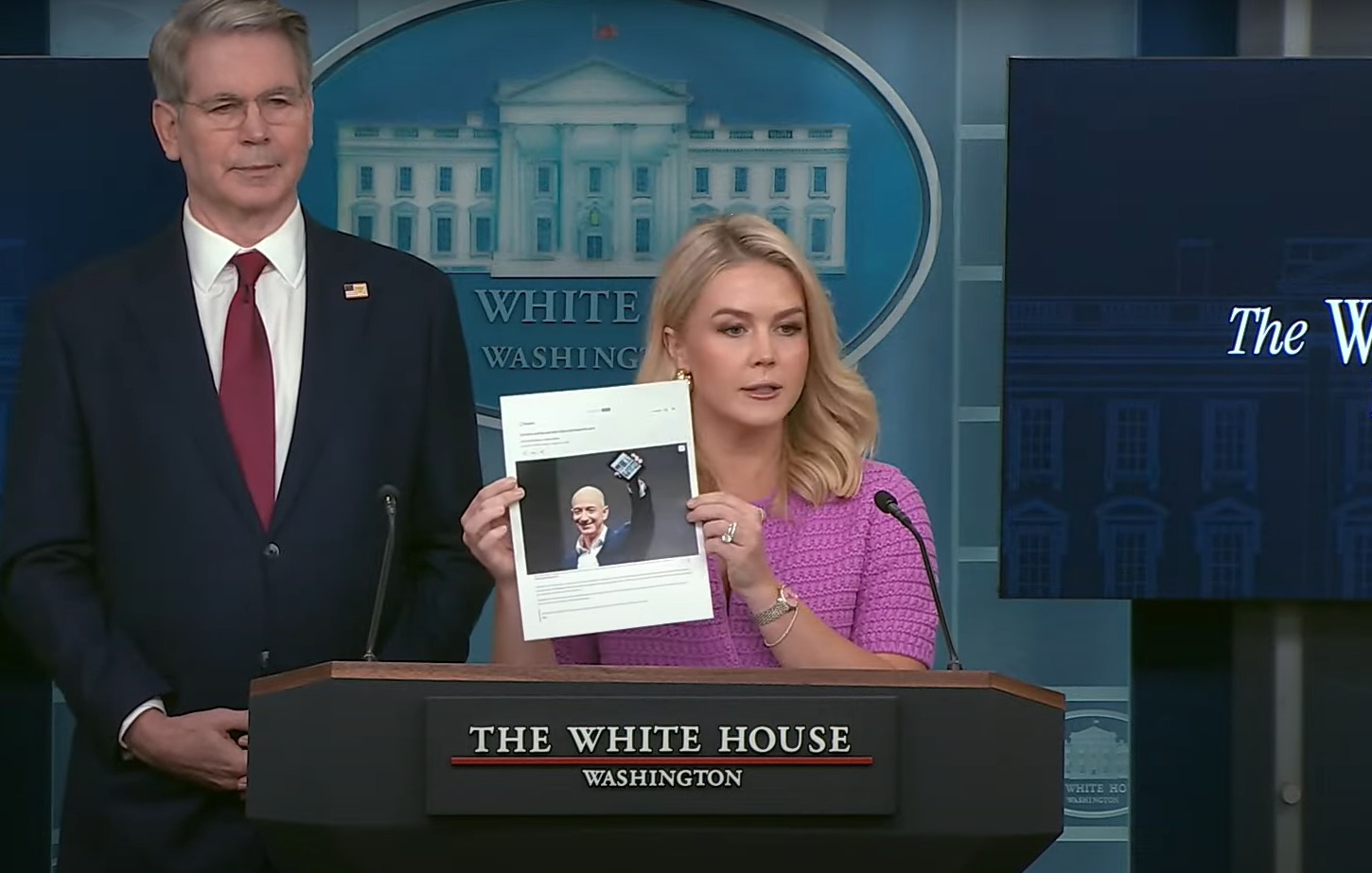Forever 21 is preparing to close all its U.S. stores after filing for bankruptcy protection for the second time in six years. The retailer pointed to the rising dominance of fast-fashion giants Shein and Temu as key factors in its downfall.
Liquidation Underway, Buyer Still Possible
The company has initiated liquidation sales across its more than 350 U.S. locations and could soon cease domestic operations entirely. However, court documents indicate that Forever 21 remains open to bids from interested buyers willing to take over inventory and operations.
Efforts to find a buyer have been ongoing for months, with the company reaching out to over 200 potential suitors, 30 of whom signed confidentiality agreements. Despite this, no successful transaction has materialized, according to court records.
Impact of External Challenges and Fast-Fashion Rivals
Forever 21 had previously emerged from bankruptcy but faced headwinds such as the COVID-19 pandemic, record-high inflation, and heightened competition from emerging e-commerce brands like Shein and Temu.
In court filings, Stephen Coulombe, co-chief restructuring officer, attributed a significant part of Forever 21’s struggles to competitors benefiting from the “de minimis” exemption. This U.S. trade rule allows goods under $800 in value to enter the country duty-free, giving foreign retailers a pricing advantage over domestic competitors.
“Retailers like Shein and Temu can offer products at lower prices due to this loophole, while companies like Forever 21 bear the burden of duties and tariffs,” Coulombe stated.
A Call for Fair Trade Practices
Despite growing calls from U.S. businesses to reform the de minimis policy, no changes have been enacted. Coulombe emphasized that the unequal playing field has contributed to Forever 21’s inability to maintain its customer base amid aggressive competition from foreign e-tailers.
In 2023, Forever 21 attempted to mitigate Shein’s competitive pressure by partnering with the company, but the effort failed to reverse its declining fortunes or influence trade policy changes.
International Business and Brand Future Remain Intact
While Forever 21’s U.S. retail operations are heading toward liquidation, the brand itself is not disappearing. Its international locations and online business will continue to operate. Additionally, Forever 21’s intellectual property—controlled by Authentic Brands Group—remains unaffected and is not part of the bankruptcy sale.
“We’re seeing strong interest from potential partners eager to modernize and grow the Forever 21 brand,” said Jarrod Weber, president of lifestyle at Authentic Brands Group. “This restructuring offers a chance to reshape our U.S. strategy while strengthening our global presence.”

Financial Struggles Despite Restructuring
Following its first bankruptcy, Forever 21 experienced a brief revival under a consortium led by Authentic Brands Group, Simon Property Group, and Brookfield Property Partners. At one point, it generated $2 billion in revenue and $165 million in EBITDA in fiscal 2021.
However, persistent inflation, changing consumer trends, and supply chain disruptions eroded profitability. In the past three years, the company has accumulated over $400 million in losses, including a projected $180 million loss in EBITDA through 2025.
Authentic Brands Group CEO Jamie Salter previously described the Forever 21 acquisition as “probably the biggest mistake I’ve made.” Despite securing $50 million in rent reductions, the financial relief wasn’t enough to stave off a second bankruptcy.
Mounting Debts and Uncertain Road Ahead
Currently, Forever 21’s operating company owes approximately $1.58 billion in loans and over $100 million to apparel manufacturers, primarily based in China and South Korea.
Founded in 1984, Forever 21 was once a key player in the fast-fashion world, employing over 43,000 people and generating more than $4 billion annually at its peak. Its downfall marks a significant shift in the fast-fashion landscape, as online competitors redefine the industry. Get the latest world news, political news, and top financial news today — visit News Trendzs today!





